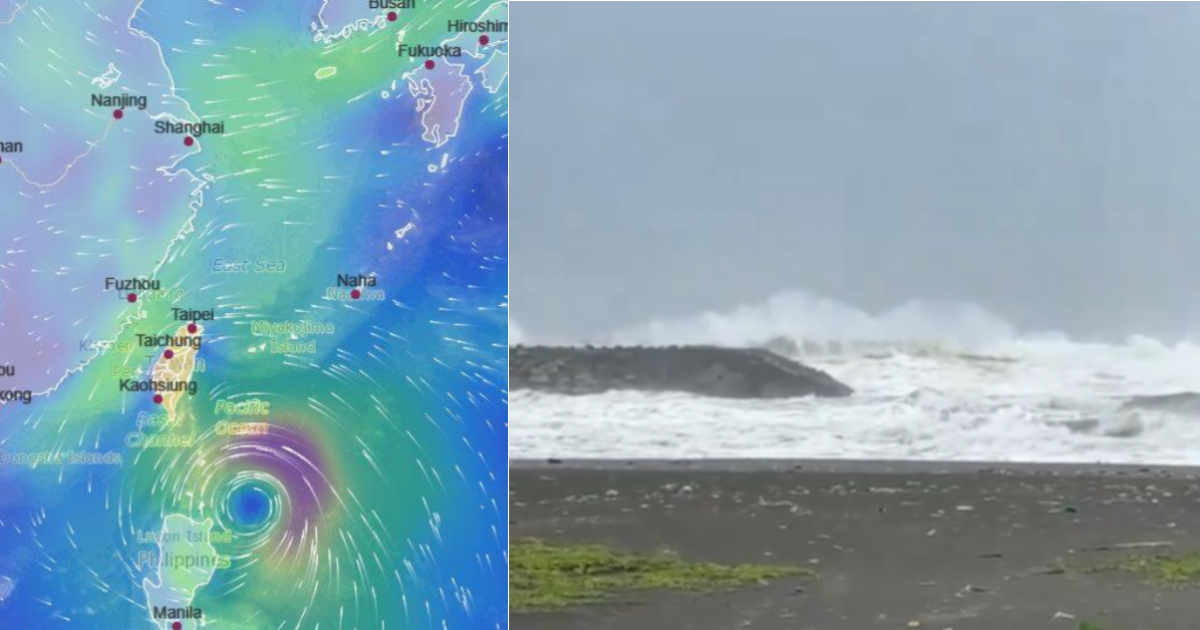S'pore's Quah siblings reflect on the joy & sadness of competitive swimming
Help Desk Overtime: What keeps an athlete going despite all the "external noise" and pressure they face?

 Does swimming still bring happiness to the Quah siblings?
Does swimming still bring happiness to the Quah siblings?
On the latest episode of Help Desk, when I posed the question to Ting Wen, Zheng Wen, and Jing Wen, the mood in the room shifted.
Spoiler alert: for all three, the answer is "yes" — albeit with some qualifications.
"I hesitated a bit," said the eldest Quah, Ting Wen, who was speaking to me shortly after learning that she would not be going to the Paris Olympics.
"Because there are moments where I think we can get a little bit jaded with the sport.
There's a lot of like, external noise and just extra stuff on the side that sometimes gets in the way of just enjoying the sport purely for what it."
A raw display of technique & power
In many ways — at least to me — swimming represents one of the purest forms of human competition.
You place athletes in conditions that our bodies were not designed to thrive in and measure who can get from point A to point B in the shortest amount of time.
With no equipment except a swimming cap, goggles, and speedos, it's among the rawest displays of technique and power in the world of sport — which I think explains its prominence and eyeball-drawing power at the Olympics.
This means there are no excuses when you lose a swimming race (at least none that the public will accept) — you simply weren't fast enough. Athletes are left with nowhere to hide in the wake of a poor race.
At the end of the day, performance is judged based on two things:
- Your timing, where even one second can make a big difference;
- And how it compares to your competitors.
And when your value as an athlete can be boiled down to a string of digits, it's not hard to see how "external noise" and "extra stuff" can take a toll on an athlete's psyche.
"As much as swimming still makes me happy it also provides me with probably 90 per cent of my stress and also my sadness," said Jing Wen, who swam the butterfly leg of the 4x100 women's medley relay at the Paris Olympics.
For Zheng Wen, the last few years have seen him wandering the wilderness of competitive swimming.
"It took some time to come back for," he admits.
"Especially coming back from the U.S. (where he went to university) in 2021, you know, Covid and army and all that stuff — it was a bit of an adjustment to find my love for the sport again."
Saving your love for the sport
Yet, it's these lows that make the highs so much sweeter.
If the "external noise" and "extra stuff" dampens one's love for the sport, then putting it all aside for a moment and proving your superiority over your competitors is the marriage-saving shot in the arm an athlete craves.
It's why they continue to turn up at training sessions, pushing the limits of their bodies and minds in search of faster timings, further refined technique, and greater mettle.
All for a chance, no matter how slim it may seem, at being the fastest in the pool on any given day; "I love getting up on the blocks and feeling that feeling of excitement, of how the race is gonna go," said Jing Wen.
You can watch my full interview with the Quah siblings, where we cover — among other things — familial conflicts and issues on YouTube or Spotify.
Top image from Mothership
MORE STORIES



















